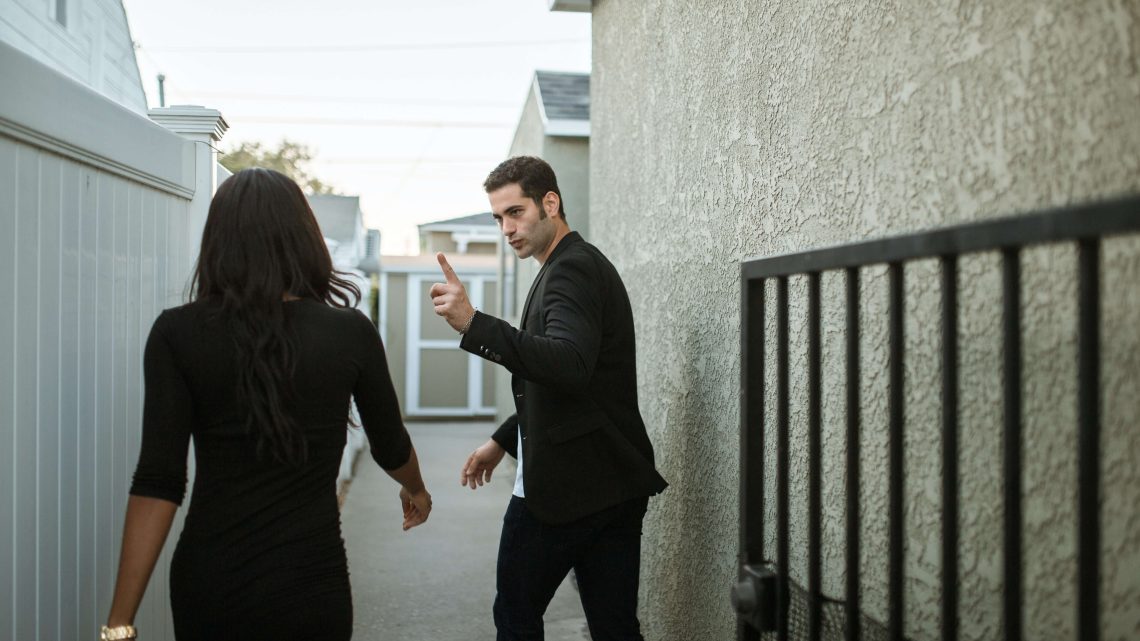The unfortunate reality of domestic violence and abuse in intimate relationships is a serious issue that no one should have to experience. If you or someone in your life has been a victim of domestic violence, harassment, or abuse, it is important to understand the restraining order laws and how to file a restraining order in Massachusetts.
What Is a Restraining Order?
In a domestic violence case, a restraining order, or also known as a protective order, is a civil court order granted by a judge used to protect someone from physical abuse, sexual assault, harassment, or stalking. A judge can grant a restraining order which may ensure that the defendant:
- Does not contact and stays away from the plaintiff; vacates immediately and remains away from the house or workplace
- Awards the plaintiff temporary custody of a minor child and pays temporary child support
- Pays compensation for losses suffered as a result of the abuse
- Refrains from abusing or contacting the plaintiff’s child
- Relinquishes any firearms to the local police department
Once a restraining order has been issued, any violation of the terms ordered by the court is a criminal offense and the abuser will be arrested by local police officers.
Massachusetts Restraining Order Laws
In Massachusetts, a restraining order can be filed against the following parties:
- a spouse or former spouse
- a present or former household member
- a relative by blood or a present or former relative by marriage
- the parent of a minor child, even if the parents never married or lived together
- a person involved in a substantial dating relationship with the victim
In a restraining order court hearing, the judge must determine if abuse has taken place between the plaintiff and defendant. According to Massachusetts family courts, abuse is legally defined as:
- attempting to cause or causing physical harm
- placing another in fear of imminent serious physical harm
- causing another to engage involuntarily in sexual relations by force, threat, or duress.
Before a judge issues a restraining order, the plaintiff must provide evidence of abuse from the defendant. The person seeking a restraining order must have “shown a preponderance of evidence that an extension of the order is necessary to protect him or her from the likelihood of ‘abuse’” as defined by Massachusetts law.
How To Obtain a Restraining Order in Massachusetts
- Go to a Massachusetts family court in your county and file a complaint.
- Fill out the Massachusetts restraining order/abuse prevention order court forms. An affidavit describing the incidents of abuse is required on the application and complaint forms for a restraining order.
- Go to the ex parte hearing. At this initial hearing, generally the judge will decide if a temporary order is necessary to protect you if they believe you are in immediate danger of abuse.
- Serve the paperwork to the defendant. The abuser must be “served” or given all paperwork by local law enforcement detailing the court hearing date, temporary abuse prevention order, order of suspension of the abuser’s firearms, and a copy of the complaint and summons.
- Go to the court hearing. If the abuser does not appear at the scheduled hearing, the judge can continue with the hearing and grant a restraining order that lasts for up to 1 year.
When to Get a Restraining Order
If you have been a victim of domestic violence, abuse, or sexual assault from an intimate partner, it is critical to seek legal help to find out how a restraining order can protect you. If you are in immediate danger of abuse, you can get an emergency abuse prevention order from your local police department. This is a temporary order and you must go to your county’s family court the next business day to file for an abuse prevention order or restraining order.
If a partner or any member of your household has threatened you or put you in danger, it is highly recommended to reach out to a legal team experienced with handling Massachusetts domestic violence cases. The team of Boston divorce and family law attorneys at Wilkinson & Finkbeiner work to fight for the rights of domestic violence victims and provide compassionate legal support. Getting help from a trusted and experienced legal team can ensure your rights and safety are protected.





No Comment